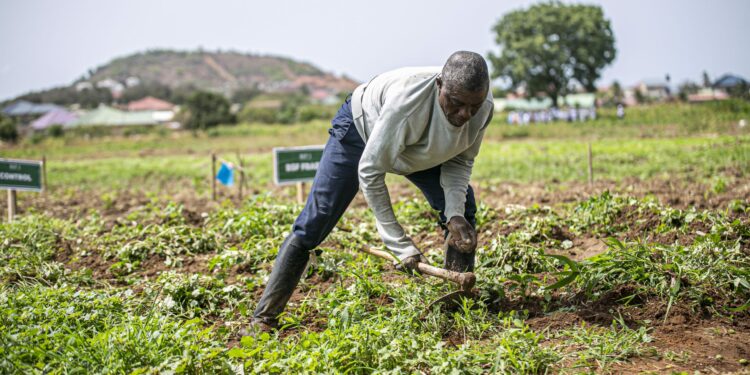2025 Budget Poised to Bolster Agribusiness and Infrastructure Development, Says Deloitte Report
Ghana’s 2025 budget proposals could provide a crucial boost to the agribusiness sector, reducing production costs and expanding resource availability, according to Deloitte’s Budget Analysis Report. If effectively implemented, these measures are expected to drive revenue growth, enhance export capacity, and improve the global competitiveness of local agricultural enterprises.
The initiatives come at a time when food inflation and import dependency have surged due to insufficient domestic production. The report suggests that targeted interventions in agriculture could help stabilise food prices while creating employment opportunities, particularly in rural areas.
A total of GHS 1.5 billion has been earmarked for agribusiness development, with funds directed towards irrigation expansion, fertiliser and farm subsidies, mechanisation, and improved storage facilities. Per the report, the government’s agribusiness agenda comprises several targeted initiatives:
“Nkoko Nkitikiti” Programme – Aims to increase domestic poultry production and reduce reliance on imports by investing in hatcheries, feed mills, processing plants, and distribution networks.
Feed Ghana Programme (FGP) – Focused on improving food availability, boosting crop yields, and promoting sustainable farming practices. The programme also seeks to involve institutions such as schools, faith-based organisations, security agencies, and public entities in agricultural production.
Ghana Grains Development Project – Aims to strengthen supply chains for maize, rice, millet, fonio, and sorghum while promoting smallholder farmer participation and job creation, particularly among women and young people.
Vegetable Development Project – Designed to expand domestic vegetable production and reduce reliance on imports.
The budget’s success will depend on effective execution and the government’s ability to provide the necessary policy support and infrastructure investment. With Ghana targeting economic stability and sustainable growth, the proposals represent a critical step toward strengthening the agricultural sector of the economy.








